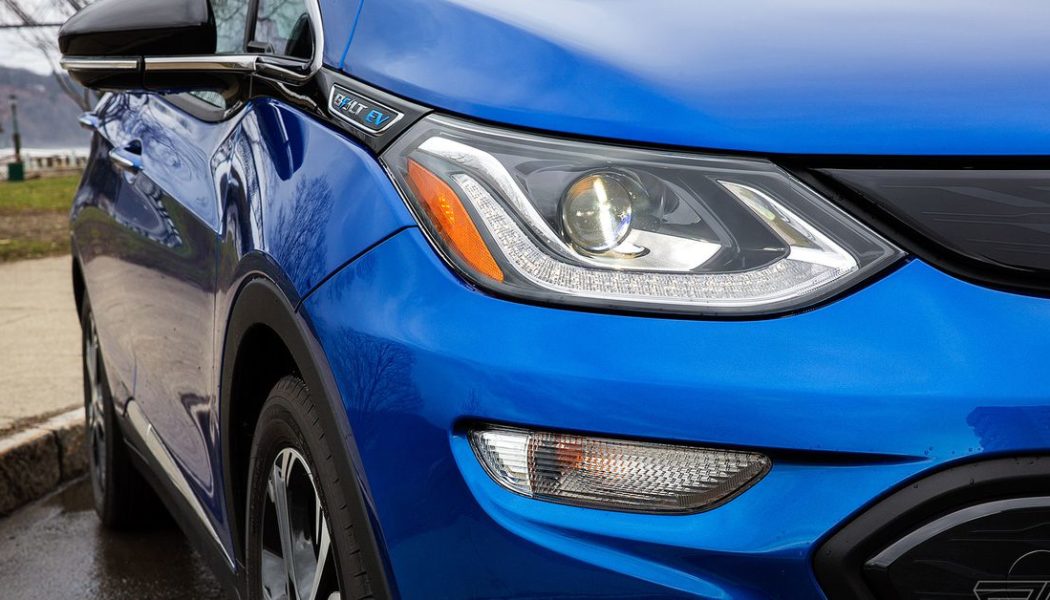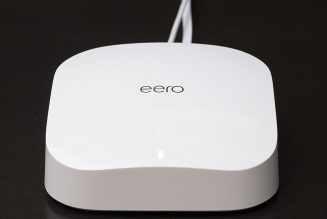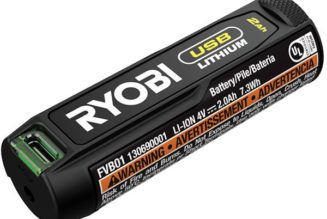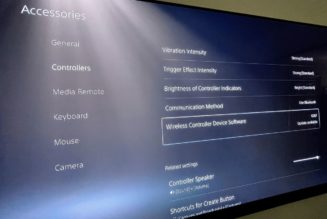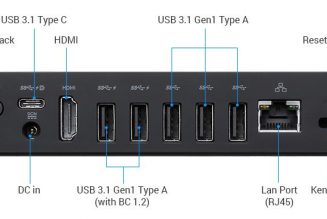
General Motors has finally revealed its plan to fix the issue at the center of last year’s Chevy Bolt recall, which the automaker issued in response to a handful of battery pack fires. Affected customers have to bring their Bolts to a dealer so the battery packs can be inspected, and GM says some of the modules that make up the pack may be replaced if any “anomalies” are found. But dealers will also install “advanced onboard diagnostic software” on all of the affected vehicles.
That software, GM says, will be able to “detect potential issues related to changes in battery module performance before problems can develop.” The company says the software will be standard on all new Bolts moving forward.
Following last year’s recall, GM released a software update to dealers that limited the affected Bolts’ full battery capacity to just 90 percent in an effort to prevent fires. The company says dealers have been instructed to remove that limit when customers bring their Bolts in to get the new fix.
While there were only around five reports of fires, the problem with the Bolt’s battery pack was concerning because it uses the same cells from LG Chem that are at the center of a similar problem with Hyundai’s Kona EV. Hyundai recalled the Kona EV earlier this year in South Korea and in the US after more than a dozen reports of fires, and it has since outright canceled the electric SUV in its home market following a drop-off in sales. Hyundai’s recall involved a more dramatic fix, though, as the automaker is replacing entire battery packs for affected customers.
